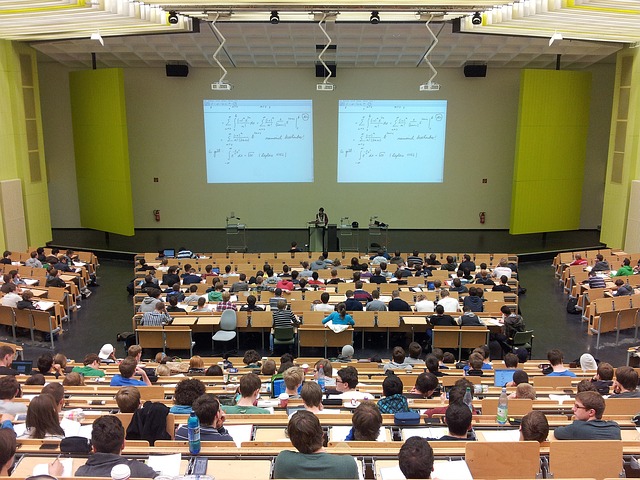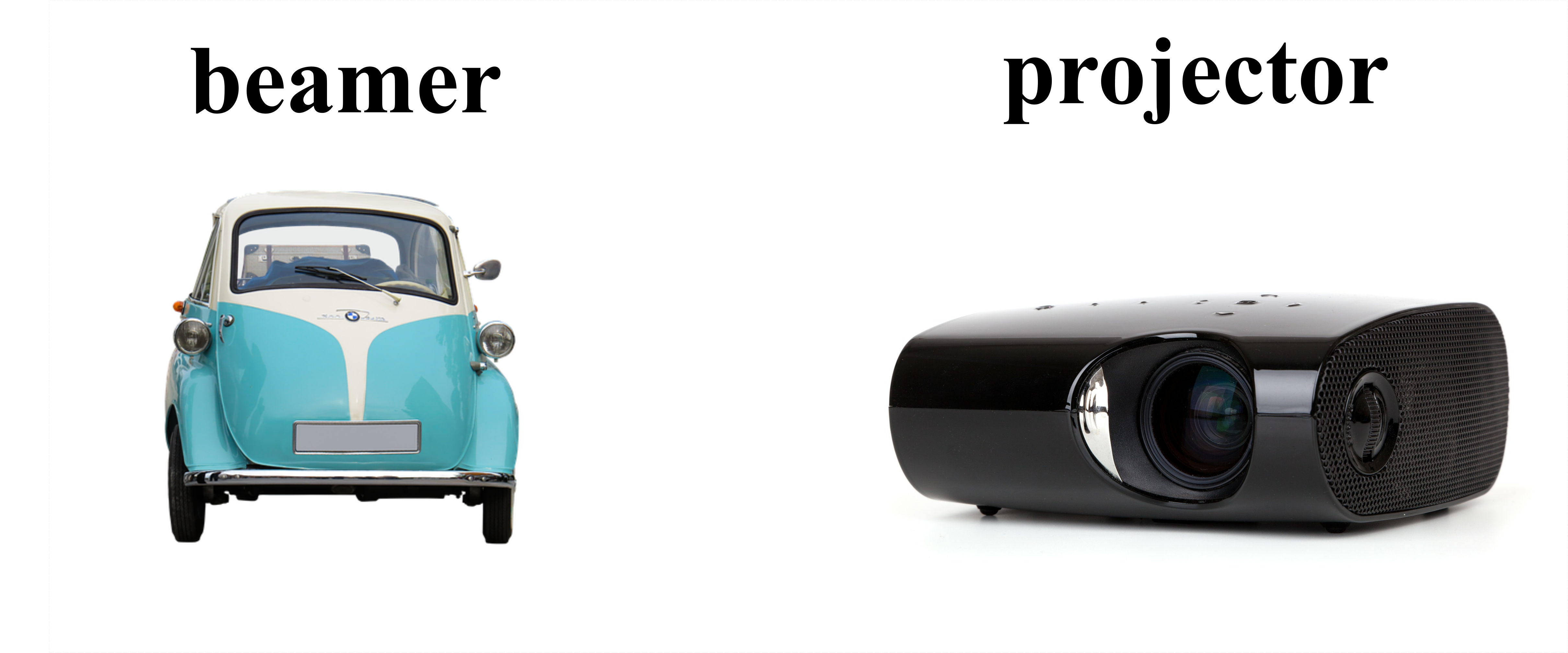How to pronounce thesis
Here is a post for those among you who completed (or will complete) a thesis as part of their university degree. In the course of the Bologna Process, many European universities adopted the Anglo-Saxon system of awarding Bachelor’s and Master’s degrees. To obtain such a degree, you usually have to complete a corresponding Bachelor’s or



